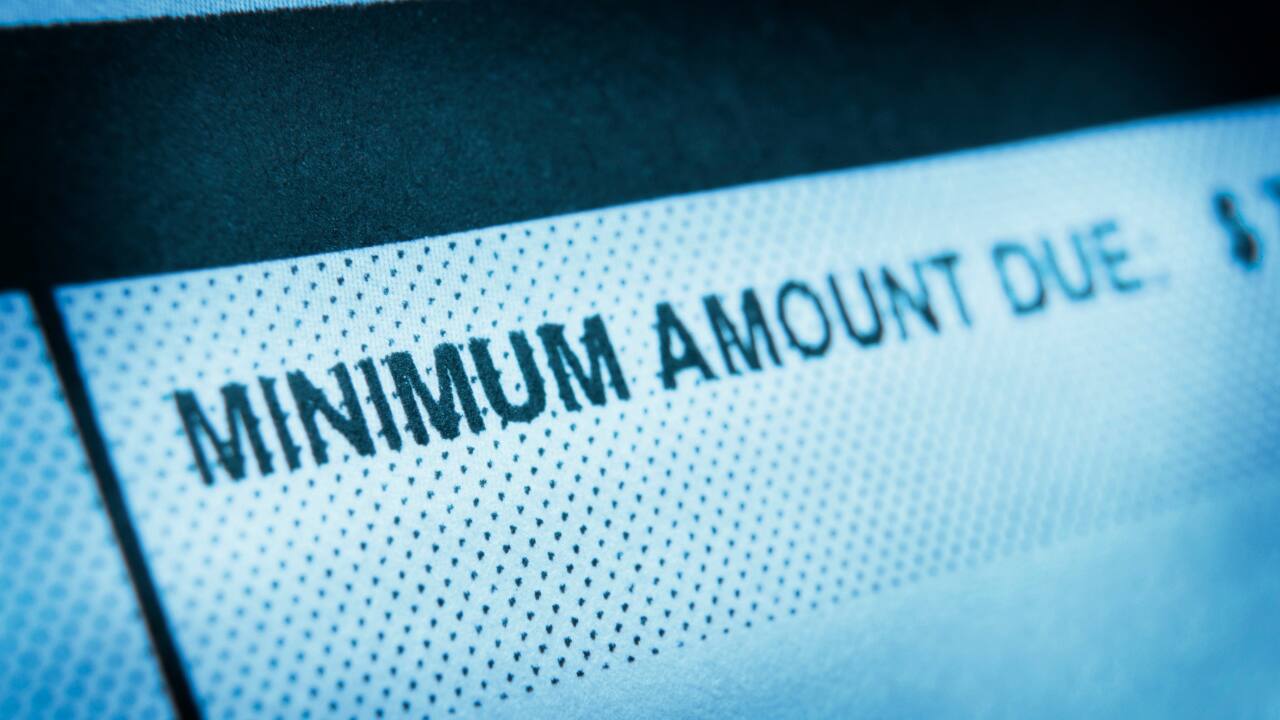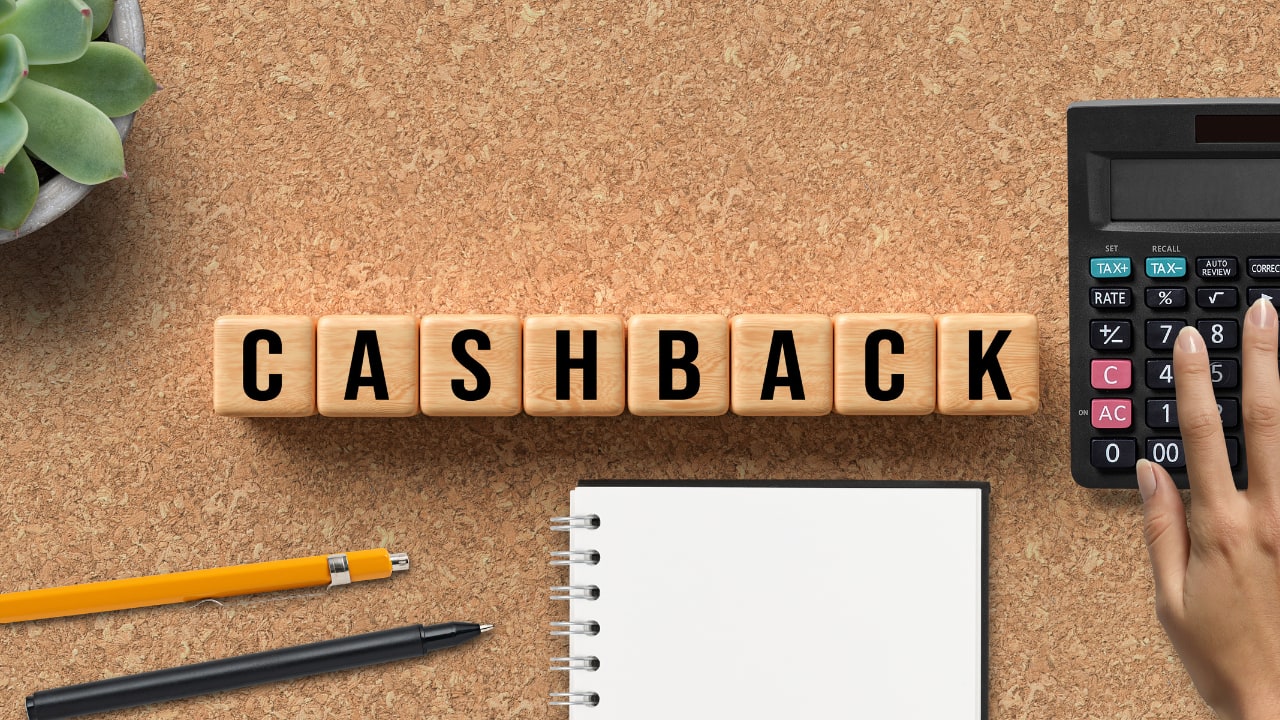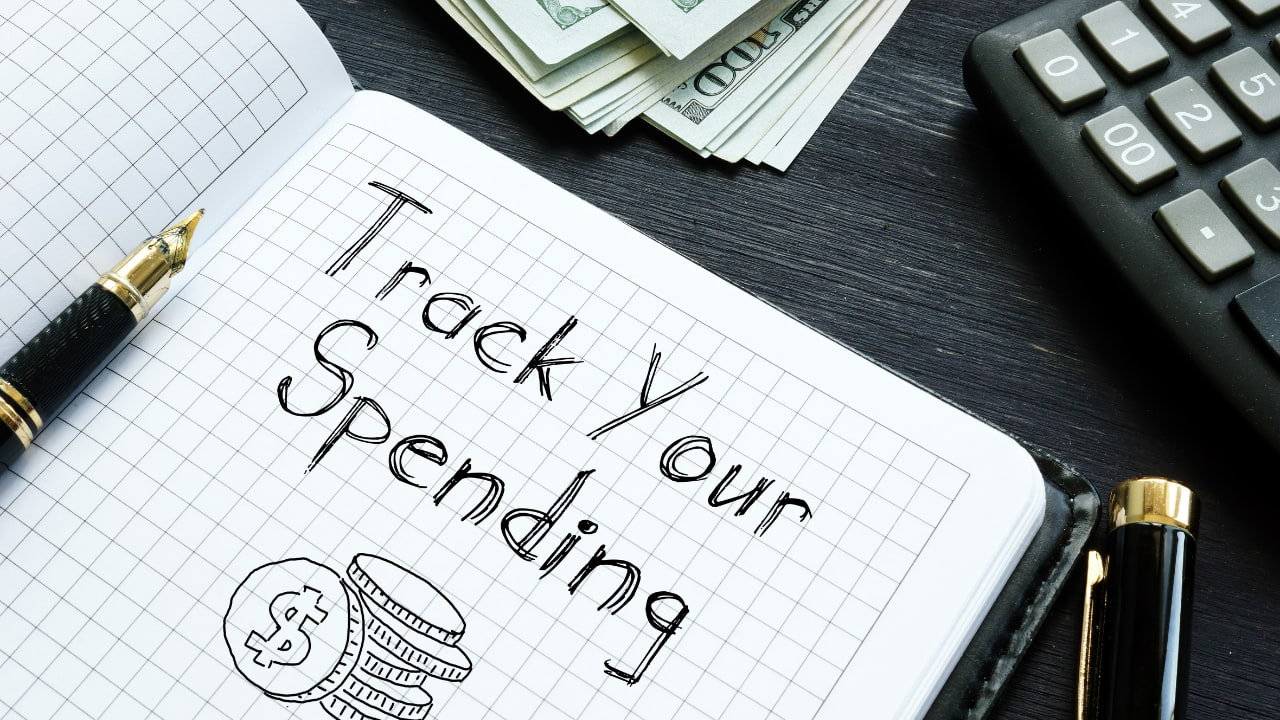
 Start with your due date and statement dateOne of the initial checks should be on the payment due date and statement date. The statement date indicates the date by which your billing cycle ends and lists all the transactions that occurred during the period. The due date is the date on which you can pay without late charges or interest. It helps you effectively deal with your payments, budget spending, and prevent unnecessary charges that would impact your credit score.
Start with your due date and statement dateOne of the initial checks should be on the payment due date and statement date. The statement date indicates the date by which your billing cycle ends and lists all the transactions that occurred during the period. The due date is the date on which you can pay without late charges or interest. It helps you effectively deal with your payments, budget spending, and prevent unnecessary charges that would impact your credit score.
 Verify all your transactions thoroughlySit down and go through all the listed purchases, cash transactions, and payments very carefully. Mistakes do happen, from the duplicate bills to the charges that appear unidentified. In case you see something awry, report it to your bank as soon as possible. It is also a great method of knowing where you are overspending specifically. Taking care to double-check every transaction makes sure you only pay for what you actually purchased.
Verify all your transactions thoroughlySit down and go through all the listed purchases, cash transactions, and payments very carefully. Mistakes do happen, from the duplicate bills to the charges that appear unidentified. In case you see something awry, report it to your bank as soon as possible. It is also a great method of knowing where you are overspending specifically. Taking care to double-check every transaction makes sure you only pay for what you actually purchased.
 Understand minimum due vs. total dueYour statement will also have two notable figures: the amount due and the minimum due. Paying just the minimum keeps your account current but levies interest charges on the balance, which snowballs quickly. For new clients, this can be expensive to get into. Better to pay in full to keep from paying interest and having a good credit history right from the beginning.
Understand minimum due vs. total dueYour statement will also have two notable figures: the amount due and the minimum due. Paying just the minimum keeps your account current but levies interest charges on the balance, which snowballs quickly. For new clients, this can be expensive to get into. Better to pay in full to keep from paying interest and having a good credit history right from the beginning.
 Check for charges and interest feesEven in your first bill, there may be fees—such as annual fees, late payment fee, or cash withdrawal fees—based on your card type and usage. If you see interest fees, it may be due to not having paid the last bill in full or availing of some special features such as EMI conversion or cash advance. Being aware of these fees in advance keeps you from earning them later and makes you make the best of your card.
Check for charges and interest feesEven in your first bill, there may be fees—such as annual fees, late payment fee, or cash withdrawal fees—based on your card type and usage. If you see interest fees, it may be due to not having paid the last bill in full or availing of some special features such as EMI conversion or cash advance. Being aware of these fees in advance keeps you from earning them later and makes you make the best of your card.
 Track your rewards and cashback accumulationIf you use a card that offers reward points, cashback, or similar rewards, your statement will likely reflect the amount earned during the period. This is a great opportunity to notice how your spending earns these rewards. Make sure that the points or cashback are properly calculated. Tracking such rewards allows you to strategize your future spending so that you get the most benefits out of your card.
Track your rewards and cashback accumulationIf you use a card that offers reward points, cashback, or similar rewards, your statement will likely reflect the amount earned during the period. This is a great opportunity to notice how your spending earns these rewards. Make sure that the points or cashback are properly calculated. Tracking such rewards allows you to strategize your future spending so that you get the most benefits out of your card.
 Check your spending habit for better budgetingYour first credit card bill is not just a payment request—it's a money mirror. Check where your money is going and whether it's within your budget. Are you spending too much on dining out or online shopping? Are there recurring payments that you should cut back? Using your bill as a budgeting tool from the initial cycle will allow you to manage your finances and remain debt-free in the long term.
Check your spending habit for better budgetingYour first credit card bill is not just a payment request—it's a money mirror. Check where your money is going and whether it's within your budget. Are you spending too much on dining out or online shopping? Are there recurring payments that you should cut back? Using your bill as a budgeting tool from the initial cycle will allow you to manage your finances and remain debt-free in the long term.
Discover the latest Business News, Sensex, and Nifty updates. Obtain Personal Finance insights, tax queries, and expert opinions on Moneycontrol or download the Moneycontrol App to stay updated!
Find the best of Al News in one place, specially curated for you every weekend.
Stay on top of the latest tech trends and biggest startup news.